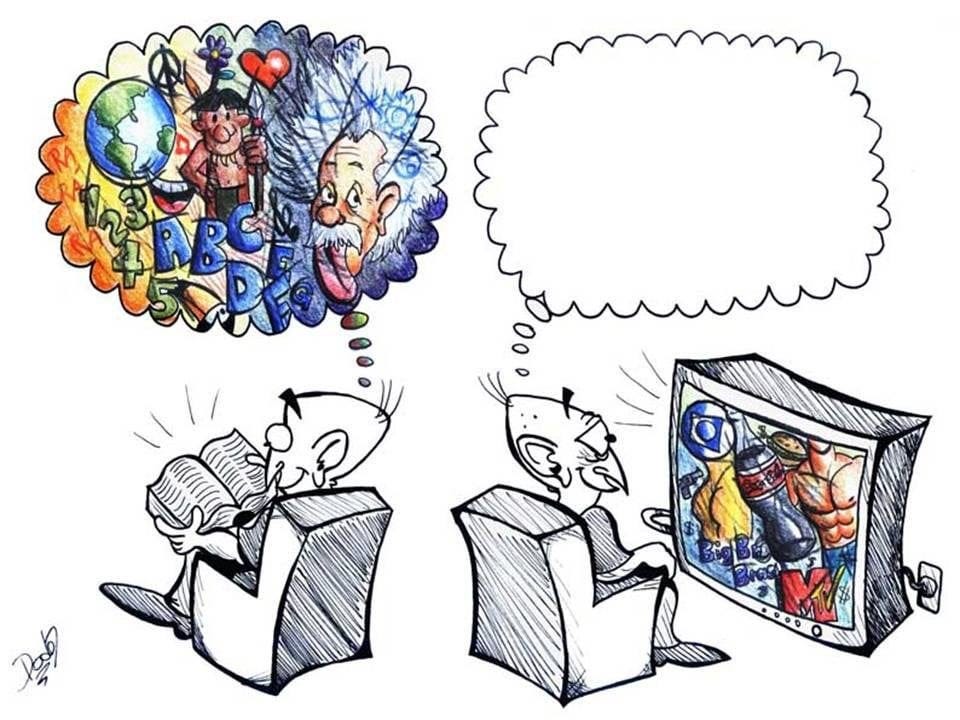How to Work Less and Accomplish More
Reading, The 3-4 Hour Rule, The White Lotus
Reading is a unique way of thinking. It activates parts of the brain which are not typically active while consuming media passively – TV , audio, social media.
It’s an active way of thinking. Your mind is translating the words on the page into an experience. The internal creation of this experience is the valuable part of reading.
When watching TV, the scene is playing out before you. Your mind doesn’t need to re-create anything because it’s already been done for you.
Watching someone else (passionately) share their thoughts – even if you feel like you agree – does not substitute thinking those thoughts on your own.
I often gravitate toward people who read. It doesn’t seem to matter what kinds of books. In general, I find that those who read regularly are simply more interesting to talk to – about anything — not just the books they’ve read.
My theory is that this is because reading regularly doesn’t just signal that you’re capable of comprehending an idea from a list of symbols on a page, it means that you actively make the choice to put all your distractions aside and create time to focus and let your mind think.
I’ve now been funemployed for 3 weeks. My rest period didn’t last very long before I got to work on a few projects and part time contracts. I’ve been surprised at how I’ve been working less hours – but seem to be accomplishing more?
From Oliver Burkeman’s Meditations for Mortals:
If you’re a ‘knowledge worker’ – that is, if you spend your days doing things with computers and words and ideas, as opposed to, say, building houses out of bricks – then you’ll make the most progress, and cover the most ground, if you limit yourself to about three or four hours of intense mental focus each day.
This ‘three-to-four hour rule’ was cited in different forms by several historical figures: Charles Darwin, Virginia Woolf, Charles Dickens, Thomas Jefferson, etc.
Why?
Intense focus uses up energy; because it’s more effective to focus intensely during only your peak hours, rather than half-heartedly all day; and because creativity appears to depend partly on processes taking place in your brain while you’re not focusing.
How to Implement the Three-to-Four Hour Rule:
1. Ringfence a 3-4 hour period each day – free from appointments or interruptions.
2. Do not worry about imposing order on the rest of the day. Accept that your other hours will probably be characterized by the usual fragmentary chaos of life.
The most powerful effect of the rule, though, might be the way in which it limits the possibility of hurry. It pushes back against the ubiquitous modern urge to get as much done as possible as fast as possible, in obedience to the inner voice whispering that just maybe, if you really went hell-for-leather for the next few days, you might get on top of the work once and for all. That approach fails, not least because rest and good moods are both essential for sustained and successful work.
It will be found, I believe, in every sort of trade, that the man who works so moderately, as to be able to work constantly, not only preserves his health the longest, but in the course of the year, executes the greatest quantity of work.” – Adam Smith
Why is everyone obsessed with The White Lotus?
(Myself included)
In this podcast with executive producer David Bernad, he says director/writer Mike White is a big fan of reality TV (he was apparently on an old season of Survivor). In particular, he likes that the people depicted are shown in all forms. There is no designated good guy and bad guy. You see the all around “humanness” of everyone.
Every person is not all good or bad or funny or dramatic. Most people are all flavors. He writes characters in that way and people seem to respond to that.
From essayist Anne Lamott:
Everyone is screwed up, broken, clingy, and scared, even the people who seem to have it more or less together. They are much more like you than you would believe.

